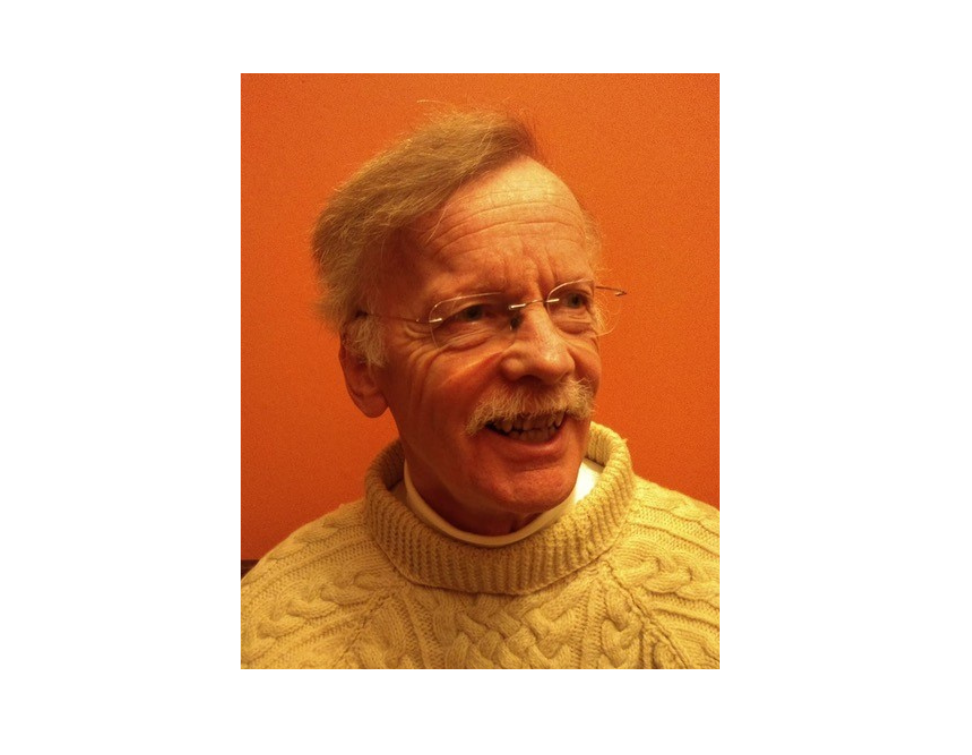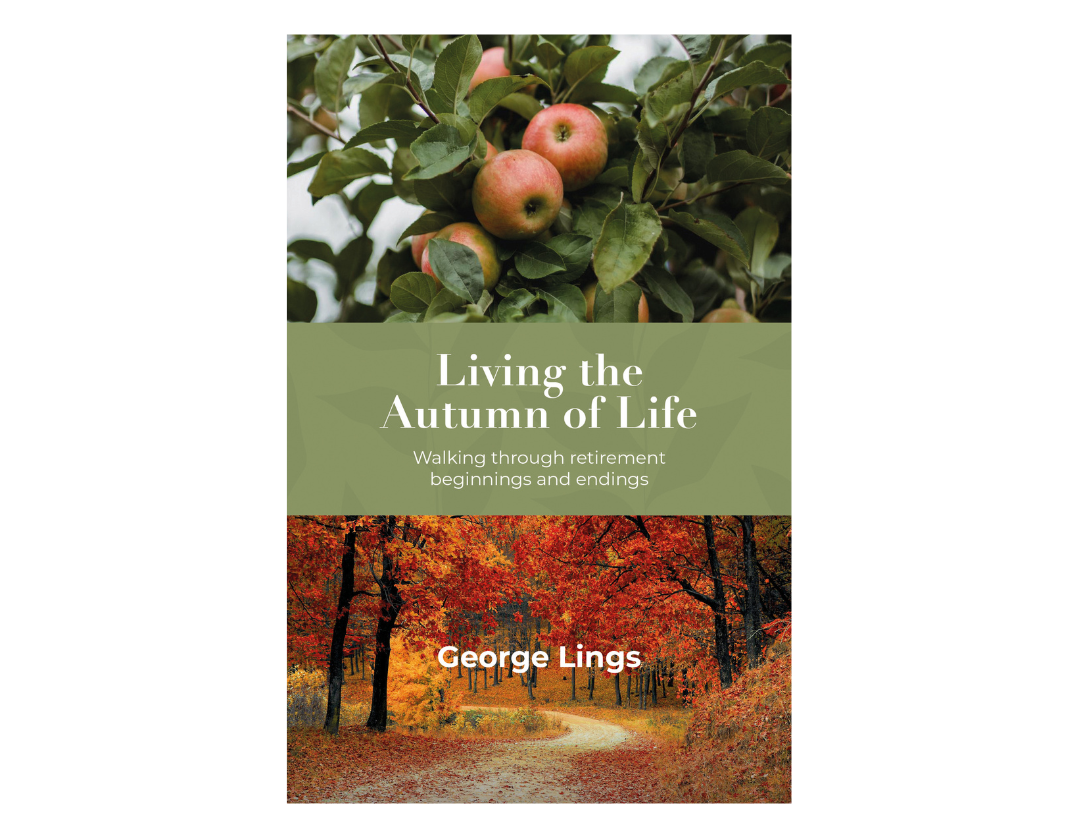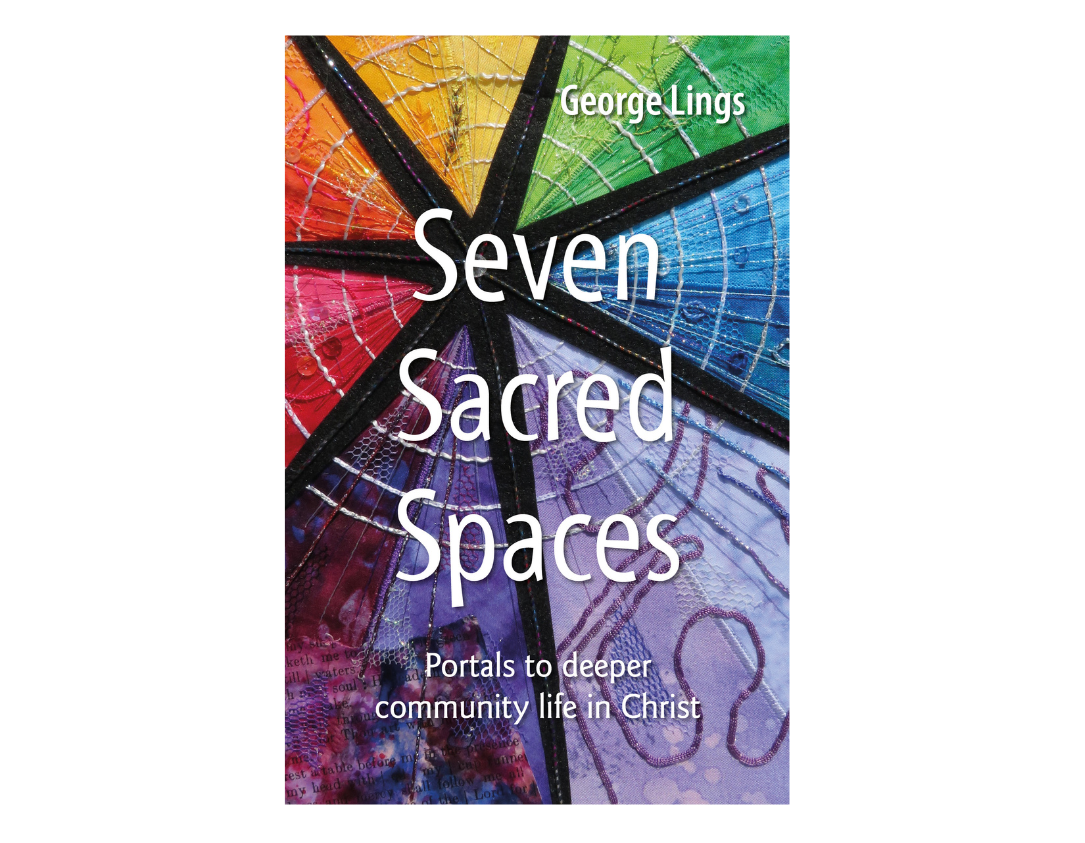In his new book Living the Autumn of Life, George Lings explores how we can best approach the season between retiring and becoming dependent – the so-called third age. As a 75-year-old ‘active third-ager’ himself, the respected writer and researcher says: ‘I was drawn to write this book because I wanted to make sense of the stage of life that I am still living through.’ George brings a biblical lens to the challenges and opportunities of this season of life, with its gains and losses, its fruit being harvested and leaves falling. This is the second of two edited extracts from the book; the first was posted last week.
13 October 2024
Knowing, trusting, believing, hoping
I’ve been pondering the differences between these four words and how they play out in living the Christian life, not least in our autumn of life with its fruit and frailty. My present understanding is that the four related words represent different levels of certainty.
Knowing
Knowing is the most certain of them all. For example, in everyday life, I know that the world is round, that two and two always make four, and even that I am sitting at my PC typing this. This is the world of facts.
We also use ‘know’ to mean direct lived experience. It is this second sense that comes into play when we talk of ‘knowing God’. It draws on a Hebrew relational usage of the word ‘knowing’ that I summarise as being in close, even intimate, relationship with someone else. This ‘knowing’ is itself a consequence of something else.
An example in the Old Testament comes from Exodus 6:2–7. Because of the deliverance by God from slavery in Egypt, the Israelites would know him as ‘the Lord your God’. We do well to consciously remember times of God’s clear intervention in our lives: events like baptism, a conversion story, if we have one, and for some ordination. We may have memories of a healing, of guidance that was obvious at the time, or which became clear with hindsight.
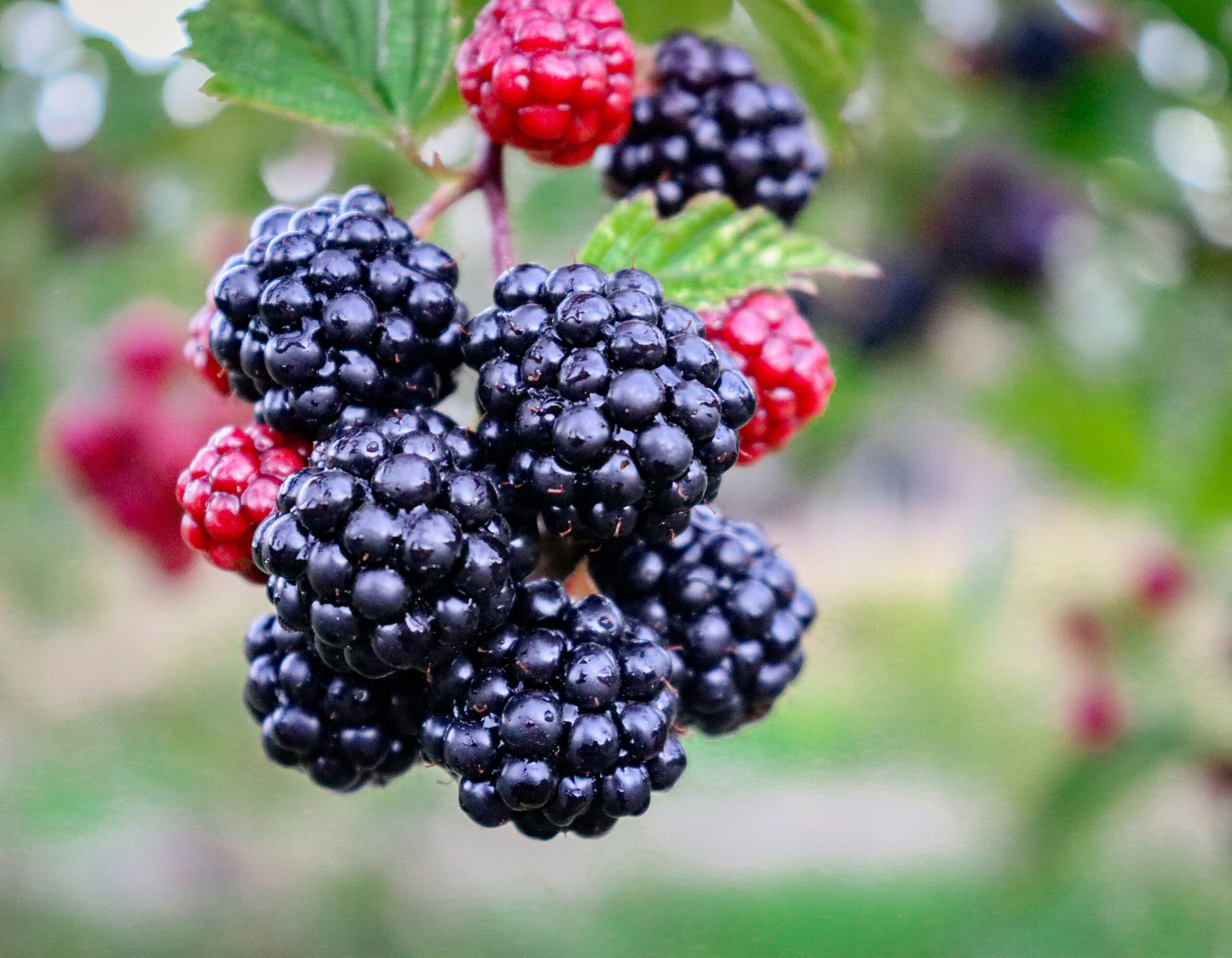
We do well to consciously remember times of God’s clear intervention in our lives.
In the New Testament, ‘knowing’ is a strong theme in John’s gospel. The word ‘know’ occurs 83 times, whereas in Luke there are but 39 examples, 33 in Matthew and 25 in the shortest gospel, Mark. Scrolling through the Johannine usage shows the word is used to express the summit of the journey to knowledge of who Jesus is. This is true of the Samaritans of Sychar (4:42), following what the woman at the well had told them. It applies to the disciples themselves (6:69; 16:30). At a yet deeper level this knowing is a reflection of the ceaseless knowing between the Father and the Son (8:55; 10:15).
So to know Jesus is to know the Father (14:7), of which the consequence is to know both Jesus and eternal life (17:3). There is a level of spiritual certainty transmitted through transformative encounter with Jesus Christ.
Trusting
Trusting comes next. It’s less definite than knowledge, for it contains an element of risk and uncertainty. I trust that my wife and children love me. I trust that when I put my foot on the car brake pedal it will slow down and stop. But then, my relations might be pretending and just putting up with me, and the brake fluid might have run out.
Trust is action based on belief, and in that sense it is stronger than belief for it puts belief into practice. Baptism services and some other creedal statements begin: ‘I believe and trust in God the Father Almighty.’ The trust amplifies my involvement and it goes further than belief. It both relies upon belief but goes beyond it. Peter believed Jesus was calling him out of the fishing boat, but it was trust that got him out of the boat.
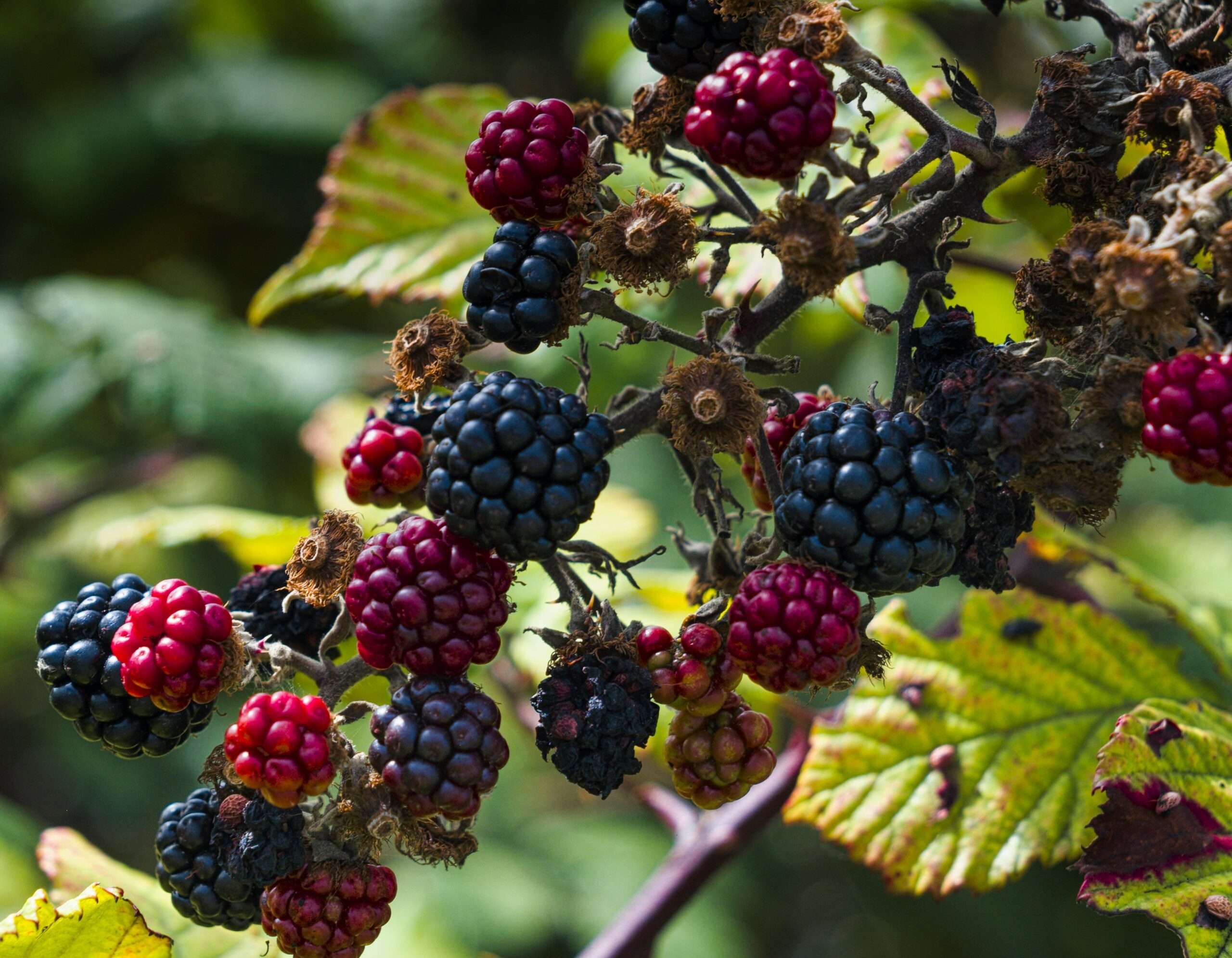
Trust is action based on belief… it puts belief into practice.
Believing
So next in this order comes believing. In the Christian tradition believing is more than fancy. The people of God have always been encouraged to believe because of some level of evidence from the past. In the Old Testament this is rooted in the call of the patriarchs, the exodus and then the return from exile. In the New Testament it resides in Jesus’ birth, life, ministry, claims, death and resurrection as well as the bestowal of the Spirit.
Today, those first-century events are not scientifically or logically provable, but there is reasonable historical evidence for Jesus and his resurrection that could convince an open-minded jury. These two factors – a person and an event – were the heart of the earliest Christian witness. The key events around Jesus are then believed, and they are confirmed in spiritual experience.
Hoping
Last comes hoping. It’s a word less strong than belief. As I began writing, a number of people were saying of the men’s football World Cup, ‘I hope England will win.’ That made sense, even if the French team eventually proved it wasn’t going to happen. If they had said, ‘I believe England will win’, they wouldn’t have been using that word in the Christian sense; they would just be trying to reassure themselves. And if they had said, ‘I know England will win’, even then, we would have detected inflated hope, false claims and misuse of language.
Hope comes last because it is dependent upon belief. Our belief, and the trust that follows, in the incarnation and resurrection of Jesus is the basis of hope, as Paul teases out in 1 Corinthians 15.
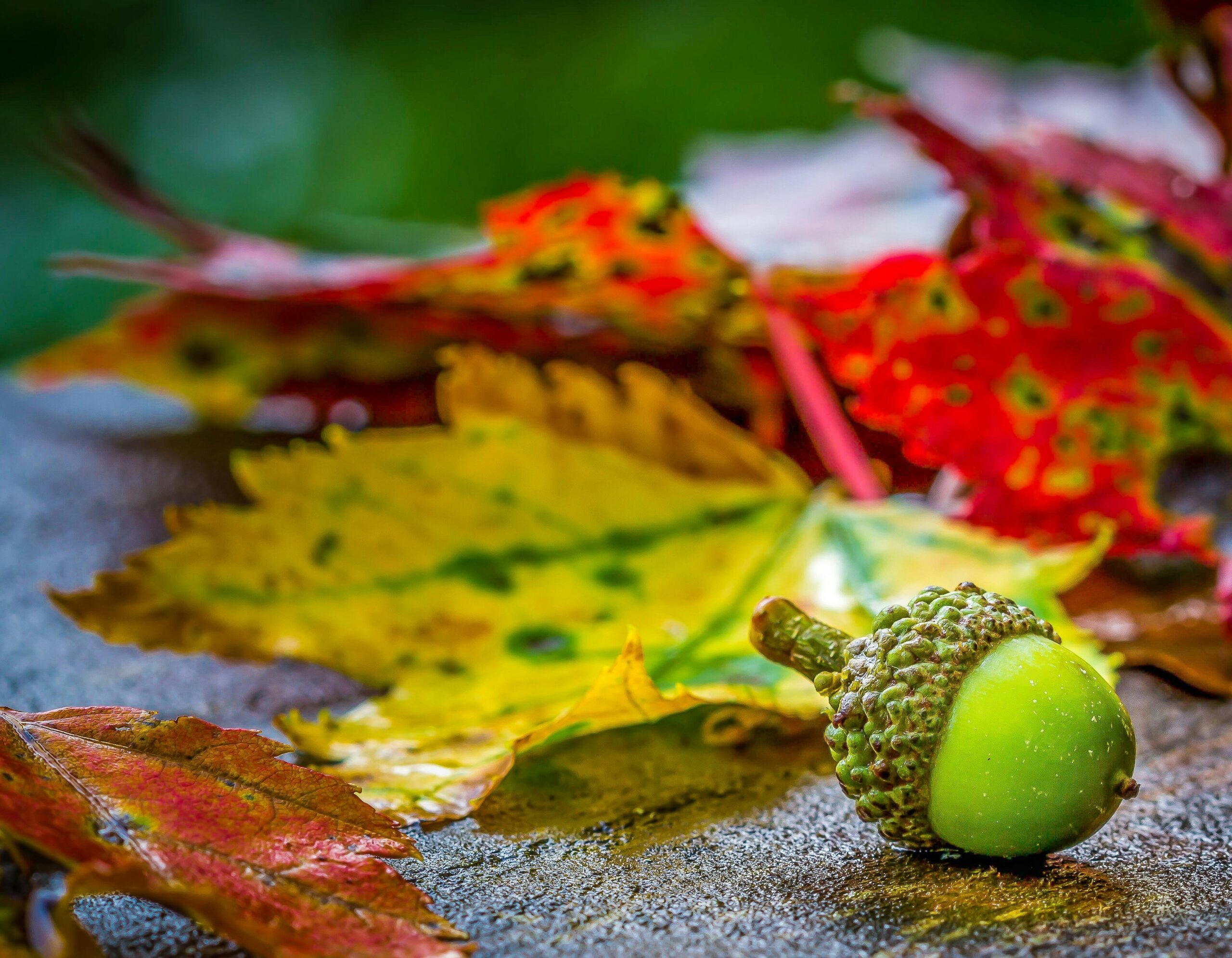
In the Christian tradition believing is more than fancy. The people of God have always been encouraged to believe because of some level of evidence from the past.
Aspects of time
These four words also engage with different aspects of time. True knowledge is the exception. It spans the past, present and future. Two and two making four is timeless, as is the Johannine portrayal of the knowledge between Father and Son. The other three have a focus within time.
Trust is sharpest in the present; it is about how I act in practice. Do I dive into the swimming pool trusting the water will break my fall? Yes, it worked last time, but now is the crunch point and existential question. Similarly, do I trust now that God is guiding me and values me?
Belief, in the Christian sense, has its roots in the past so that it may operate in the present and be the basis for trust.
Hope is different and looks to the future. It is to a degree uncertain because that future has not yet happened, and it may turn out differently to what we hoped. Hope is also only for this life.
In heaven, hope and belief will be both fulfilled but also redundant.

In heaven, hope and belief will be both fulfilled but also redundant.
Fruit of the spirit
I also found it significant to realise that belief, hope and trust are not qualities that are listed as fruit of the Spirit in Galatians 5:22–23: ‘love, joy, peace, forbearance, kindness, goodness, faithfulness, gentleness and self-control’. Why is there that list of highly desirable attributes and not the three I mentioned just now?
My guess is that those listed as fruit of the Spirit are all qualities that exist in God, and they flow out from him, both in relationship with him and in the mystery that God the Spirit indwells us. Be connected to God and indwelt by him and these qualities will begin to emerge, like blossom as the first stage of growing fruit on a tree.
But belief, hope and trust are responses we make; they are not qualities that God needs or possesses. He has no need of belief or hope, nor even of trust that everything might work out well in the end. These qualities belong to another list; they are spiritual muscles that we are to exercise. For them to be growing in our lives, we have some responsibility. There is a consistent biblical call for us to play our part to grow in trust, hope and faith. When stilling the storm, Jesus describes the disciples as ‘You of little faith’ (Matthew 8:26). Conversely a number of times he says to those who have just been healed: ‘Your faith has healed you.’
On trust, consider Jesus’ words: ‘Don’t be troubled. Trust in God. Trust also in me’ (John 14:1, CEB). The task to trust is ours; the basis for trust is his. On hope, Paul in Romans 5:3–4 teaches about our involvement: it is through suffering that perseverance comes, which, in turn, produces character, ‘and character, hope’.
In this life we shall have to work at trust, belief and hope. In the next life we shall know. In Learning to Grow Old, Paul Tournier tells the story of a 90-year-old dying patient with whom he had a deep spiritual bond: ‘I found her at peace and serene. She said: “I am ready to go on living, and I am ready to die. At last, I am going to know.”’

